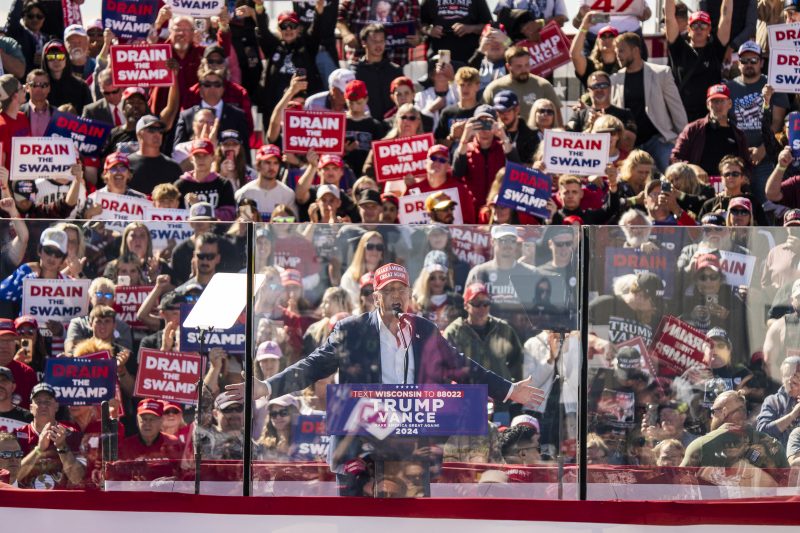The geopolitical landscape is an ever-evolving tableau, marked by constant shifts and realignments. One such shift, which has garnered international attention, lies in the escalating spy games between two global superpowers: the United States and Russia. Recently, there have been renewed concerns over the specter of Russian interference in political elections. The United States’ intelligence community has shared warnings expressing high conviction that Russia may be attempting to interfere with the 2020 U.S. Presidential Election. However, former President Donald Trump has dismissed these claims, purporting a level of uncertainty surrounding such allegations.
The conflict stems from the unique and complex relationship between Trump and the intelligence community. These relationships have historically been strained, with disagreements stemming from a wide spectrum of issues like domestic threats to political controversies. The issue of Russian interference is another bone of contention, with the intelligence community’s warnings falling on somewhat skeptical ears.
The intelligence community has deemed these new warnings as credible, asserting that they are not merely speculation but are grounded in hard evidence. However, diverging from this viewpoint, Trump suggests that these warnings might be part of an anti-Trump campaign led by the Democratic Party. He alleges that these accusations are part of a deliberate strategy to discredit his administration and undermine his chances during the elections.
Amid all these controversies, it is essential to remember the role of intelligence communities in national security and safeguarding democratic institutions. Their reports, backed by rigorous research and analysis, should not be easily dismissed. These warnings bring to the forefront the pressing issue of election security, which should be a thrust area for any democratic nation.
The scenario underscores a broader issue: the dynamics of global geopolitics, cyber threats, and their implications on the electoral process. Cyber threats are increasingly becoming tools of warfare, with bots and trolls propagating fake news. These activities seek to manipulate public sentiment and undermine the integrity of the election process.
Russia’s alleged interference has illustrated the urgency of introducing stronger safeguards and stricter legislation to protect the democratic electoral processes. While nations cannot control the actions of external forces, they can upgrade their defense mechanisms, ensuring that electoral processes are transparent, fair, and unbiased.
Trump’s dismissal of these warnings is not just a domestic issue; it sends a message to the international community as well. If the seriousness of such threats is undermined at the highest level of political leadership, it could embolden malicious actors who may seek to disrupt democratic processes in their own or other countries.
In this era of digital warfare, potent cybersecurity is non-negotiable and should be a prime focus for all nations. The alleged Russian interference underscores a pressing concern for the global community: the need for robust safeguards to protect democratic processes and institutions from potential threats. While President Trump may dismiss the intelligence community’s warnings, it cannot be ignored that the stakes in this digital game of chess are incredibly high, affecting not just one nation, but the stability of global democracy as a whole.
